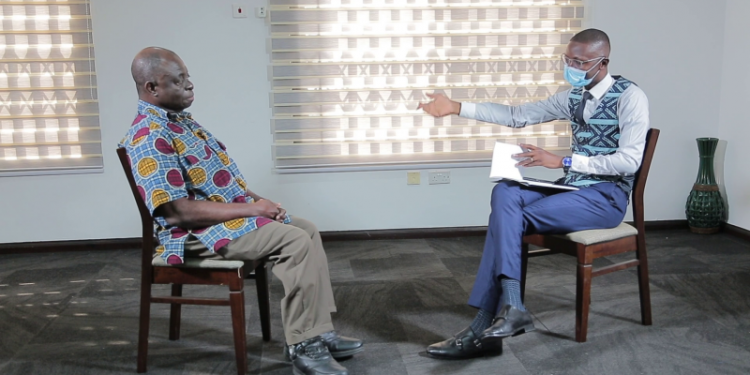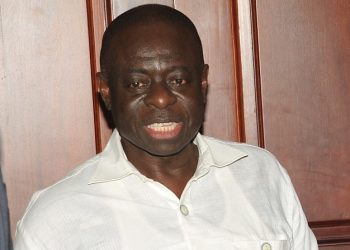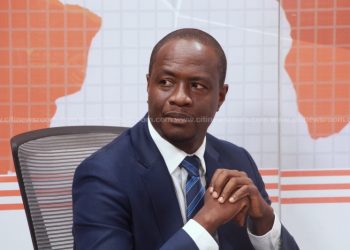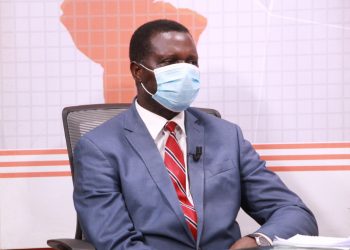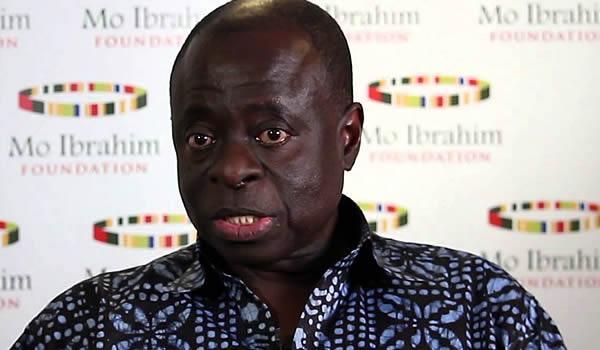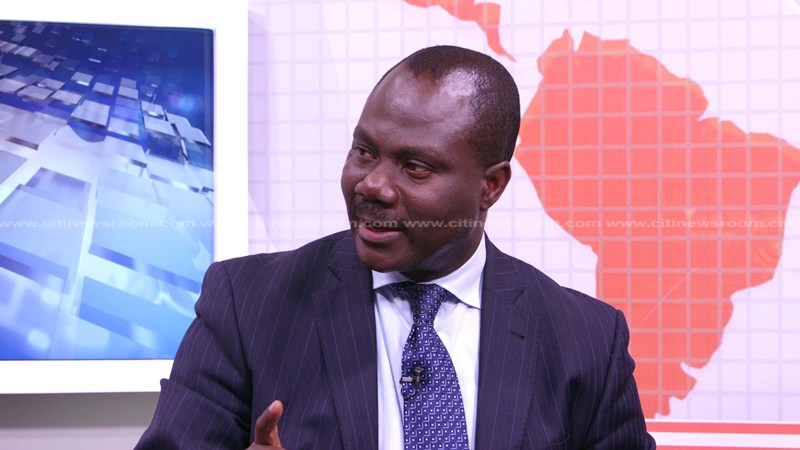Bernard Avle interviews the co-founder of Centre for Democratic Development (CDD), Professor Gyimah-Boadi on the quality of Ghana’s democracy, the appointment’s committee, the retirement of the Auditor General among other issues.
Below is the transcript of the interview aired on Citi TV on Wednesday, March 10, 2021.:
Bernard Avle (BA): Welcome back to the point of view, it’s been a very eventful first 8 weeks of the year with all things we saw in parliament, the election petition has also been done and the president has delivered the SONA. He is in the process of forming his government. We want to reflect on Ghana’s 4th Republic, not in its entirety but just looking at the highlights of the last few months. My guest is Prof. E. Gyimah-Boadi, the founder of CDD, former executive director and emeritus professor of political science.
So, you’ve been working in the good governance space for about 30 years?
Prof. E. Gyimah-Boadi (EGB): Thereabout.
BA: Wow, so can I say nothing surprises you, with all the experience you have from 1993 to 2021 when you look at what just happened in the election and everything, we’ve gone through what is your general impression of where we are?
EGB: Well, first you asked if anything has surprised me, what has surprised me is we haven’t gone farther than what we are and where we are today. I think we started off on a very good note. We started with a controversial transition election but since then a lot of water has passed under the bridge electoral processes and election administration has significantly improved and made more transparent and competitive and the media landscape has opened up and expansion has taken place and there are many more voices in the media like we would have dreamt of in the 80s.
But the fact remains 25 years down the line Ghana remains a highly flawed democracy, this is a democracy which is increasingly declining in quality, a democracy whose dividends and institutions and processes are being captured a few elites, mainly politicians, their parties, their supporters, presidents, their family and friends and cronies, by bureaucrats by well-placed businesspeople, private sector operators, some media leaders, some civil society leaders and so on. It is basically a democracy whose benefits are increasingly being reaped by the few leaving the rest of society behind sulking.
BA: Whilst the number of successful elections has increased what you refer to as the dividends (processes, institutions and development) doesn’t seem to be moving in tandem?
EGB: No, in fact in some instances there is clear retrogression. Just consider the fact Ghana made significant progress in democratizing the military, democratizing civilian military relations, bringing the military under democratic control, all the way from the time from when the military and security were in charge. We have come to an age where basically the government is increasingly bringing the military back into civil administration and undertaking activities that are best left to the police and maybe their own private security arrangements. And that’s not the worst of it, I think the worst of it is we have a presidency that is increasingly looking like it has difficulty working with institutions and leadership it has not appointed. The Domelevo debacle is for me a clear example.
BA: So, the Domelevo incident is symptomatic of a bigger problem of an intolerance of executive to deal with people they don’t appoint or if you bring the Amidu case in it could include people who don’t toe their line?
EGB: There are some facile similarities between the Amidu and Domelevo cases, but the substantive differences are significant. I see Amidu as at least in part a victim of self-injury, a scorer of own goals. I see Domelevo as a victim of well-orchestrated actions by individuals who are officials and state institutions over whom Domelevo was exercising proper constitutional and legal oversights. Officials and Institutions that he had sought to hold to account.
He was doing his best to protect the public purse and claim surcharges for improperly spent public funds. A man who is trying to fight corruption is the man who is being persecuted and hounded out of office and when you contrast that with the great lengths that have taken to allow appointees and supporters of the president and party actors and activists to claim the benefits of the rule of law, due process, for internal investigations to be set up and declare them exonerated when it contrasted with the treatment of Domelevo it is shameful.
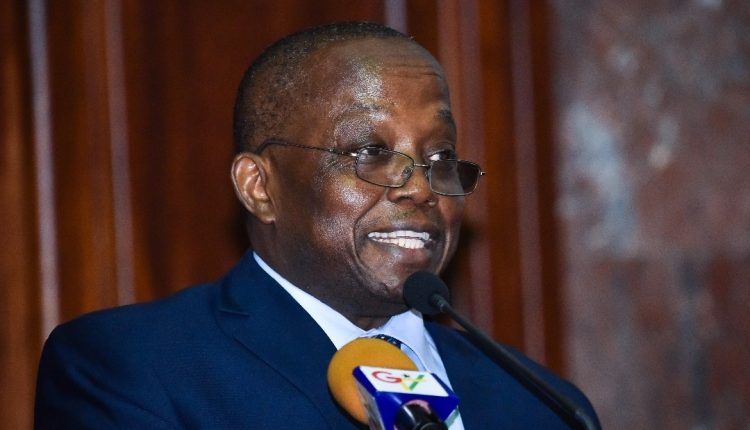
BA: Couple of points, I cannot argue on the differences but to the extent that Amidu’s job was political corruption which writings of CDD and others have clearly identified if not much bigger certainly a larger and a peculiar kind of corruption as against the role of the auditor general. It must be very disappointing how it ended.
Because when he was appointed a lot of civil society groups, I’m talking about Amidu, were quite impressed that the president could pick such a maverick to occupy such a sensitive position against the “advice” of his party so for it to end for him describing the president as the mother serpent of corruption.
Yes, the auditor general went with a different path but in terms of corruption, it might have been disappointing.
EGB: It was disappointing for reasons Mr. Amidu must take some responsibility for.
(In what sense?)
In the sense that to my knowledge, he was given adequate resources to work with and if he wasn’t, there were others in the wings to help and support, and also, he didn’t stay that long in the job to fight it out. I am not persuaded on the grounds upon which he resigned were strong grounds.
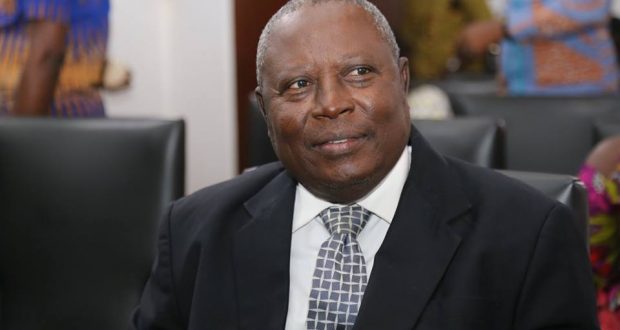
BA: What I recall him saying that was strong was that the president was under the mistaken impression that he (Amidu) would work as his poodle, in essence, his independence was everything to him. The communication he received in relation to the Agyapa deal from the presidency and meetings held to try and convince him (in his words) to shelve the investigation or report. For an anti-corruption body independence is everything.
So, if he says the presidency didn’t want him to assert his independence. It can be related to Domelevo that parliament asking him to bring his reports before he surcharged and disallowed. Sometimes the legislature working with the executive sometimes working with the legislature, tries to control these independent people who when they reject it are pushed out.
EGB: There is precedence we must look at, initially in the 90s CHARAG was being prevented or discouraged from investigating SWOMOTO. under Ms. Ana Bossman, they began the investigation, President Kufuor didn’t stop her, but she also didn’t wait and see if President Kufuor will stop her. We also have Justice Georgina Wood.
There is a major drug smuggling scandal. A committee of enquiry is established, and she is put in charge, she decides despite the highly sensitive nature of the issue she decides to hold public hearings. She could have restrained herself and said maybe the president wouldn’t have wanted her to do this with such a sensitive issue. She tested it and got her way. When she finished with the investigation, she decided to share the report with the public whilst simultaneously submitting it with the president.
She didn’t hold back and decided that maybe the president would not want me to share this with the public until he had done a white paper and maybe whitewashed it. She did not hold a debate with herself. She did what she thought was the right thing and the public benefited.
So, my view is that when you are a public official at that level and you’re given responsibility, test the limits to see what you can get away with. I don’t see anything that suggests the president was insisting that Amidu do his well.
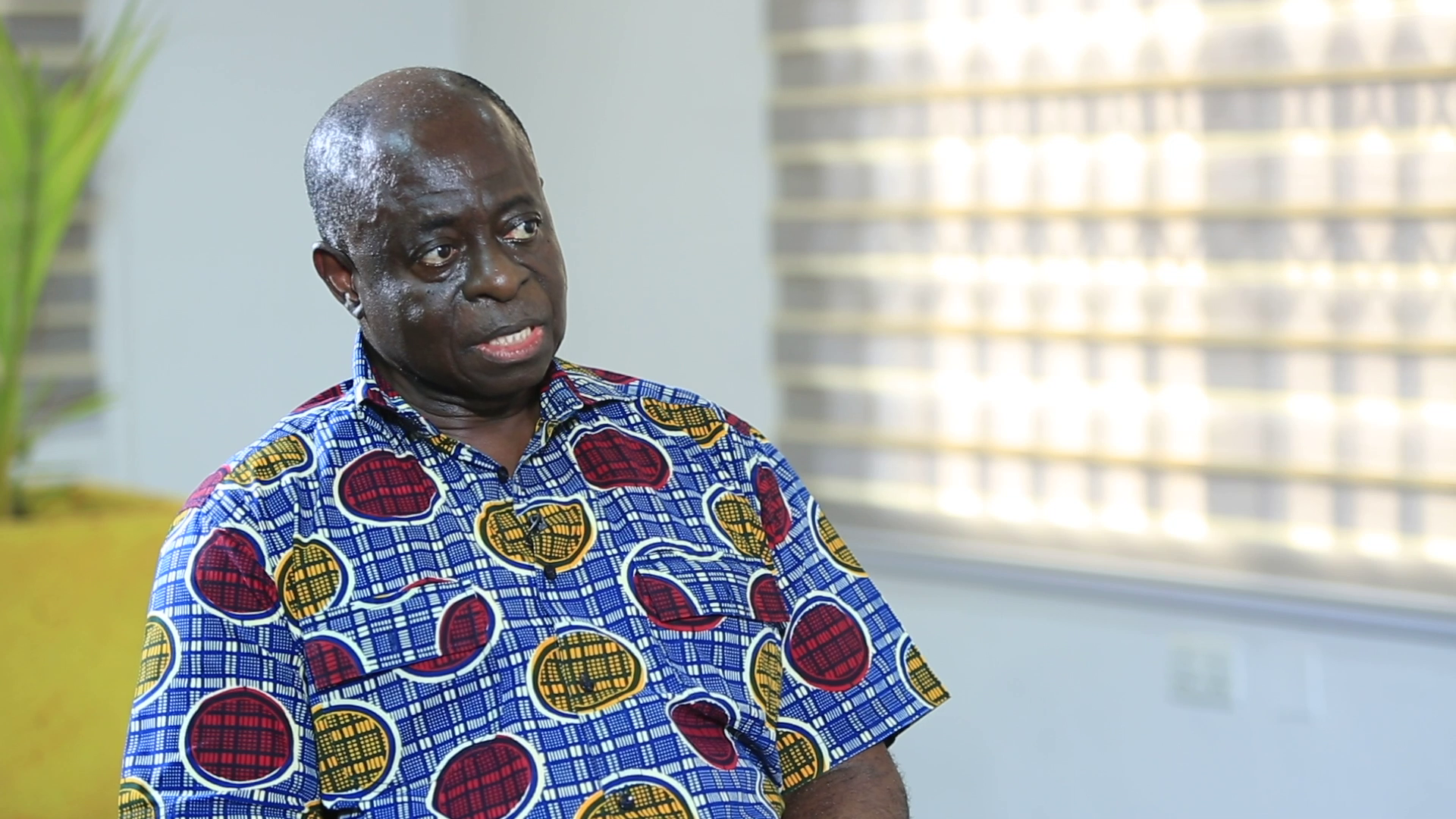
BA: On Domelevo where does it leave the president’s credibility on anti-corruption?
EGB: As for the President’s credibility in terms of anti-corruption it is in tatters, it has been tatters for a while, but this was the final nail in the coffin.
BA: Despite what he would say about laws put in place, reforms knowing his legal background, in the SONA he took pains to mentions some of the legal and regulatory progress in anti-corruption and I know that corruption fight is not just in terms of laws there are other things, is this view shared by other Civil Society?
EGB: I cannot say, I am no longer as active in the field, but I hope they do. I get the impression they do.
BA: If what you are saying is true what does that mean for the fight against corruption?
EGB: We have many examples of post regime accountability. We attack corruption from previous regimes there is not enough in regime accountability. For me a president who decides to be more proactive in tackling allegations of corruption amongst those in his ranks and in punishing them when those allegations are prevents the one who is fighting corruption and not the one chasing those in the previous regime. I cannot see or cite an example of serious actions taken against incumbent regime officials.
BA: For you, the litmus test of fighting corruption is what they do with their own people?
EGB: Because that’s what sends the strongest signal to the people with their hands on the till, who now have the opportunity to abuse power and steal public resources, it means don’t close the barn door after the cattle are gone.
BA: Can Ghana fight corruption without the commitment and involvement of the president?
EGB: No, because of the excessive powers granted the president by the constitution. No, because of the wide discretion at the disposal of the president and his ministers. No because of the patronage resources at the disposal of the president which can weaken, dismember and compromise institutions and officials who want to fight corruption. Or shield, protect institutions and officials doing the wrong thing.
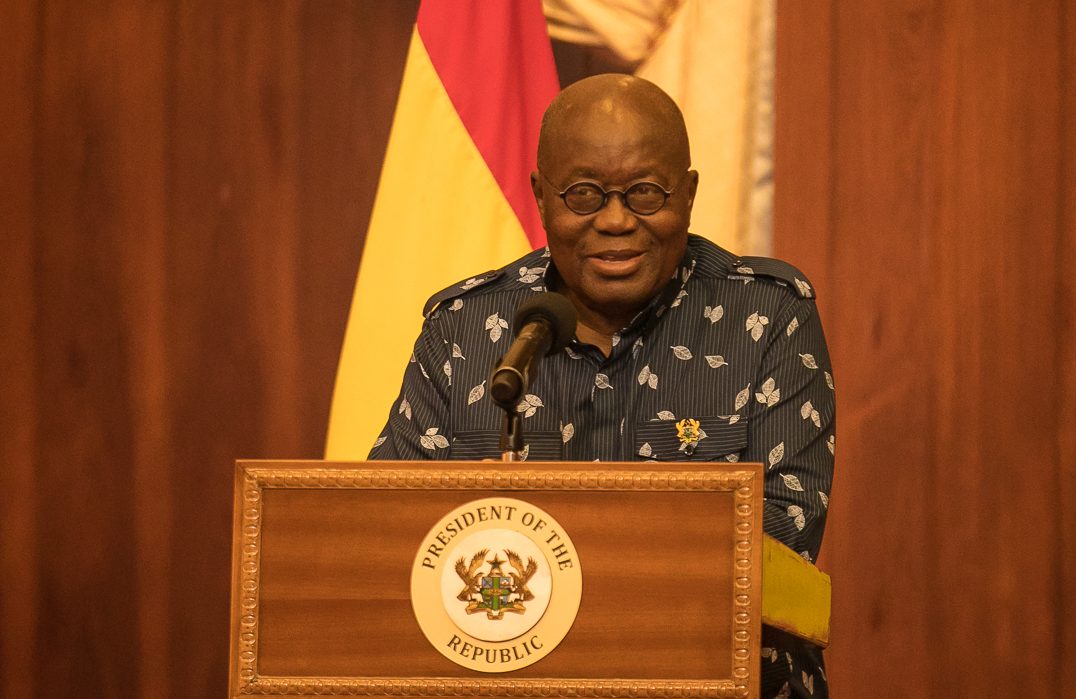
BA: This means our fight against corruption is in abeyance for the next 4 years?
EGB: and maybe beyond, the process of destroying the constitutional and legal means of fighting corruption and promoting accountability has been ongoing for about 10 years. I date the weakness of the institutional facilities from the day Ana Bossman left CHARAG and her replacement by a person who didn’t have the interest competence of temperament in fighting corruption.
BA: Let’s talk about January, I’m sure you watched parliament and its inauguration the rancour that occurred and the election that split parliament into two and we saw the military entering overall do you see this parliament as giving you hope given its split considering they are one of the institutions that help in good governance. Where do you think this parliament will leave us?
EGB: We have to look at the results of the previous elections. One of the best things was the almost hung parliament and the reduced vote margin of the presidential elections. Those were good outcomes. With respect to the outcome of the legislative elections because one of the good things about our democracy has been the presence of strong opposition to check the governing party.
To see a parliamentary election that nearly gave us a 50/50 split and an immediate result was having a speaker who didn’t come from the president’s party and was not the president’s choice which is usually the case.
That’s a good outcome and brings the promise that we will have a parliament that will check the executive and not be a rubber stamp executive presenting international loans and agreements.
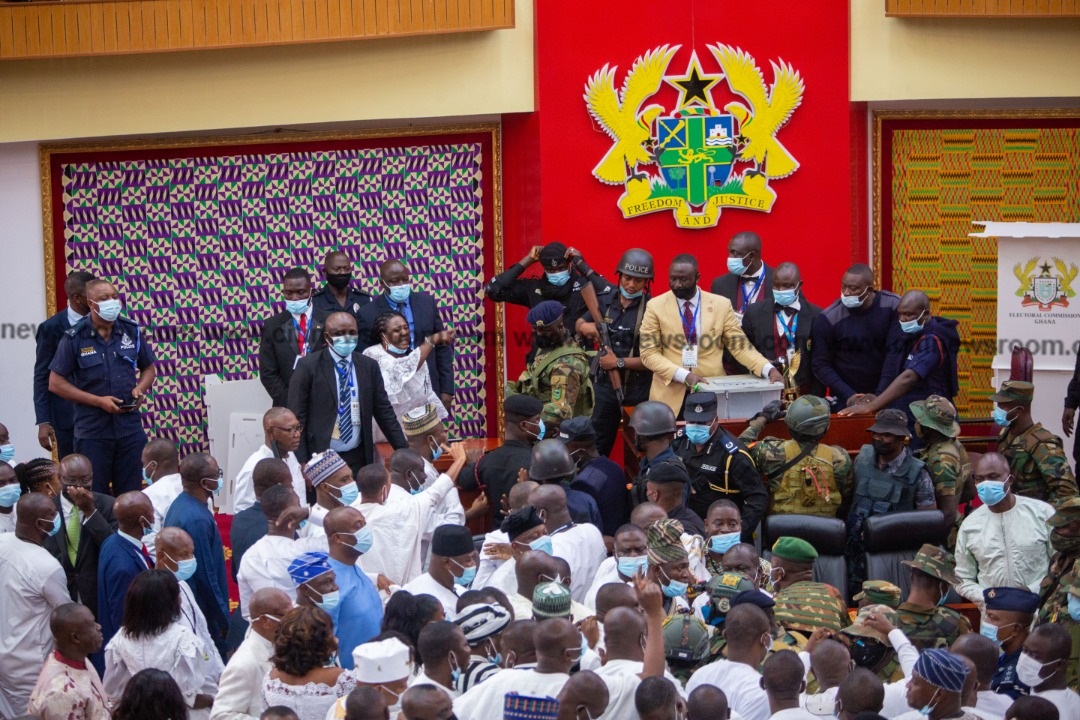
BA: Then you understand those that got upset they passed all the nominees? There was disappointment that some of the ministers were passed so easily.
EGB: I disagree, I do not believe a parliamentarian should be a mouthpiece of their party, that is a betrayal of the constituency that voted for that parliamentarian. I think Parliamentarians must broadly reflect the wishes and manifesto positions of their parties, but they also have to be statesmen, they should also be moral and ethical allowing them to discern right from wrong.
BA: That is true, but when you look at the vetting on the face of it when you look at the nominees on the face of it some of the nominees didn’t seem well prepared or knowledgeable enough to occupy the positions, they were being vetted for so you would expect a parliament with such a split would not just prosecute the agenda of the government by passing them.
EGB: I don’t want to second guess anyone, the point is that they must have been looking at a whole range of issues with each nominee, if you are an MP from the Awutu Senya area where the fisheries minister is from, are your interests the same as an MP from the cocoa belt, or one from Ga Dangbe coastal area, so I want to respect the right of MPs to make an independent judgement.
Regardless of the final vote the interrogation done by the nominees especially by the minority helped to educate us about the president’s nominees and allows us all to make a judgement about if the president is taking us seriously or not by nominating them.
Why should the burden of judgement be placed on the parliamentarians we are all judges, they have 4 years and I hope we exercise the right judgement after 4 years when we put everything together when we see a nominee was obviously incompetent after 4 years.
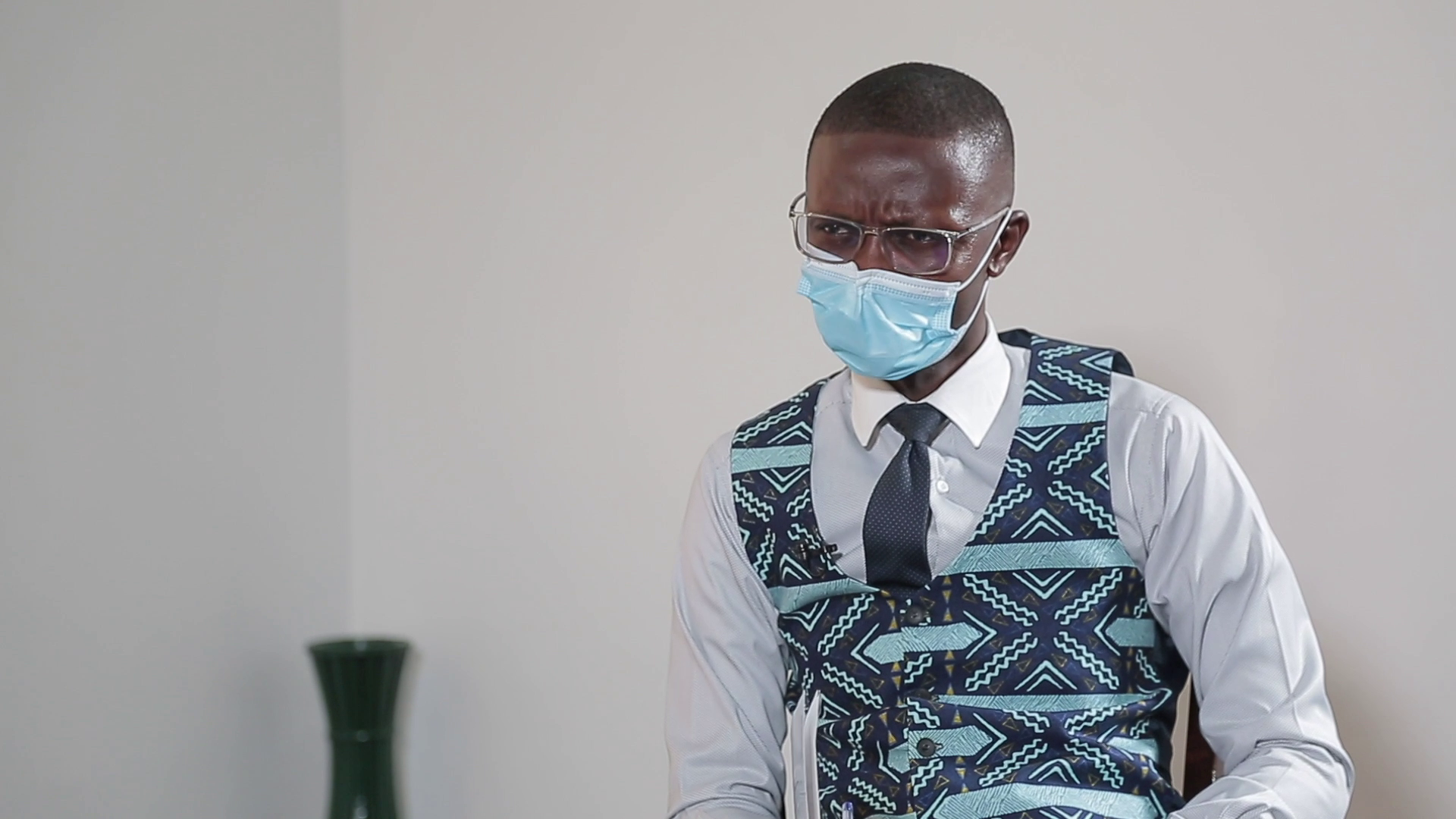
BA: I get that, so the Parliament’s job isn’t just to approve or disapprove but also unveil.
EGB: They did a lot of unveiling, the question we should be asking ourselves is what we have done to follow up on some of the unveiling that was done. It has put question marks on the heads of some of them and I hope we seek answers to these questions.
BA: While I agree, what about the loans, you can also unveil and say this deal is not in the interest of the nation but if they will use the same principle our job is to unveil and vote based on other considerations, but they are supposed to be a check on the executive, they are a lot of loans that don’t go through the right processes if all they do is unveil, we are doomed.
EGB: Yes, but is better for them to unveil than do nothing at all. We have seen vetting processes that were far more shambolic than this one. We can agree this vetting has had more substance than some of the more recent ones and learn more about these individuals and the one nominating them. Let’s take that home and work with it.
BA: Let’s talk about the election petition, do they add anything to our democratic credentials. We have had 8 elections and 2 have gone to court, does it serve any purpose or is it an indictment?
EGB: Let’s go back to what Freud supposedly said, the first person to establish civilization was the first to say “F-You”, so it’s better to jaw-jaw than to war-war. It’s better to go to court than to go to the streets or go to war to settle an election dispute. It’s part of our progress and I appreciate it and I take it.
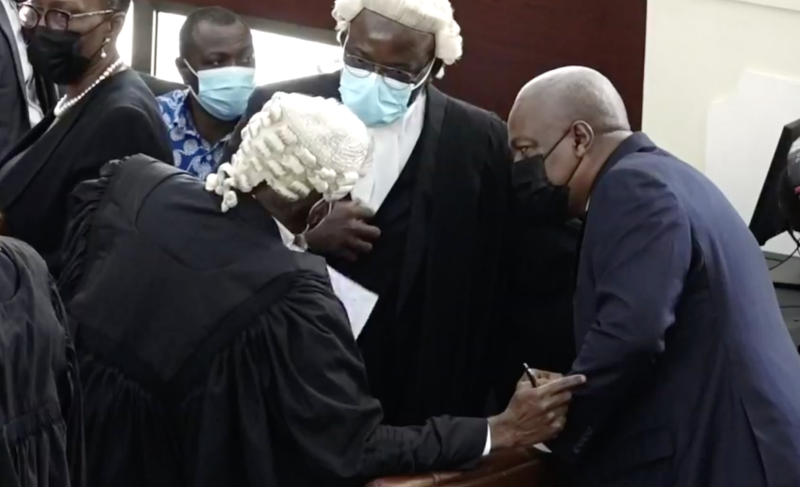
BA: There is a view that the composition of the panel, that almost all the judges were appointed by government, so some felt it wasn’t a fair panel, can we comment or do we need to be in the legal system to understand.
EGB: I am not a lawyer so I may not be qualified to speak. But speaking as a member of the coalition of domestic election observers and has run a parallel vote tabulation process, I did not believe the NDC had a case.
I am not surprised by the outcome however I am disappointed the court failed to take the opportunity to interrogate the EC’s decisions and their basis and help to put to rest questions that members of the public may have had even if they were not compelled by law or judicial procedure. It is always better to have more information, but that is not to challenge the verdict.
BA: I heard some NDC supporters say they didn’t see the point in going to court because at every point in the case the panel was unanimous. The judiciary is critical in making the public know there is recourse. The court agreed NDC had a case initially, so from a Political Science perspective to what extent should the court be aware of these external concerns in its approach. Is justice just about the outcome or is the process important?
EGB: I won’t advise the juries but as an advocate for good governance I generally think that any opportunity to learn about the working of public officials and what informs their decisions and whether the decisions were well-considered, taken in good faith, diligently, and due diligence applied will serve the public interest.
It is unfortunate it was reduced to the narrow technical legal procedural aspects of adjudication.
BA: So, you would have loved to see the EC chairperson testify?
EGB: Chairperson or some from the EC in the room where these key decisions were made, where the tallies were done, and they decided the tallies were accurate enough to be presented.
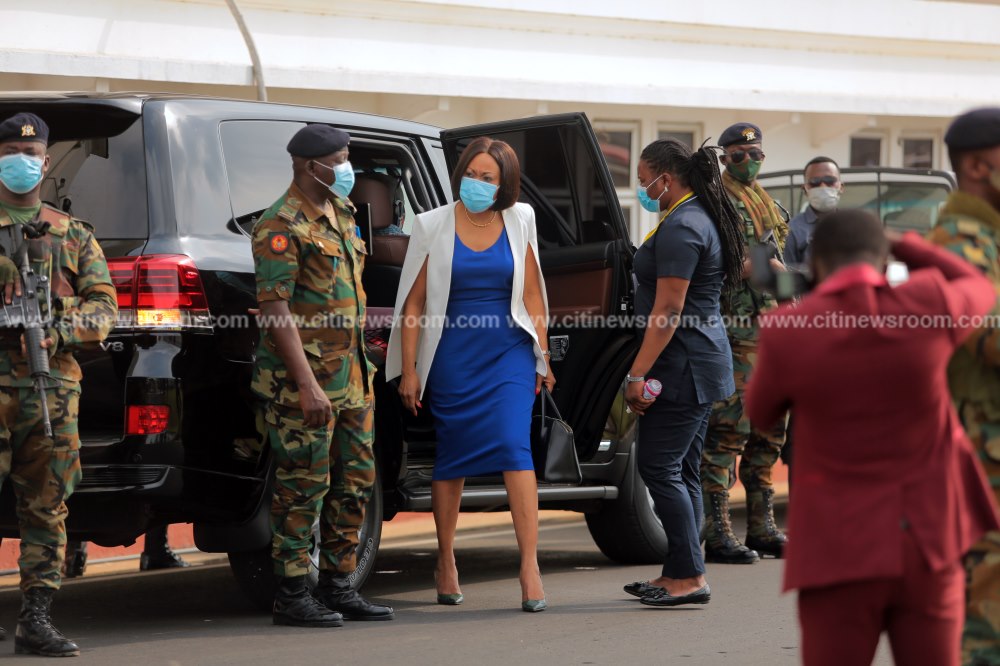
BA: Two days before a lawyer for the judicial service wrote a warning to the media to pull stories incendiary to the judiciary almost threatening us in how we cover the supreme court, considering the freedom the media must do their work what did you think about the letter?
EGB: Well, my colleagues in Civil society have spoken about how unnecessary. Inappropriate and unacceptable it was, and I hope it has been put to rest.
BA: We have discussed what the president and institutions can do but is there a sense in which corruption persists due to social tolerance, and it raises the questions of what Ghanaians tolerate within the last 2 weeks we have seen national outrage over certain issues many consider less harmful than corruption.
EGB: It is about the crazy outrage over LGBTQ and sexual minorities when there are so many offences against the public interest and innocent Ghanaians. I cannot how anybody will be more outraged about what two consenting adults do, and a third party is upset meanwhile we do not have the same outrage for paedophilia, we do not have the same outrage when paid public officials who are paid with public resources abuse and loot their offices, therefore, depriving of services we should have, resulting in poor roads, porous infrastructure year to year doesn’t bother us as much as the actions of private individuals.
Within the same week this national anti-gay frenzy was aroused during the vetting revelations had been made about the purchases of math sets for high school students at 75 cedis when it could have been 10, why is there not more public outrage and people are not attacking officials.
BA: Could it be that corruption is normalized akin to an abusive relationship so the public is desensitized, and it could be a question of exhaustion rather than values.
EGB: I don’t believe so and if there is exhaustion it is because people don’t understand the link between the public resources that are being looted and their taxes. So maybe we don’t quite understand what we lose when these people loot public funds.
Maybe most of us don’t pay taxes so we don’t care because we see it as other people’s money and as long as I get my share. It is a puzzle.
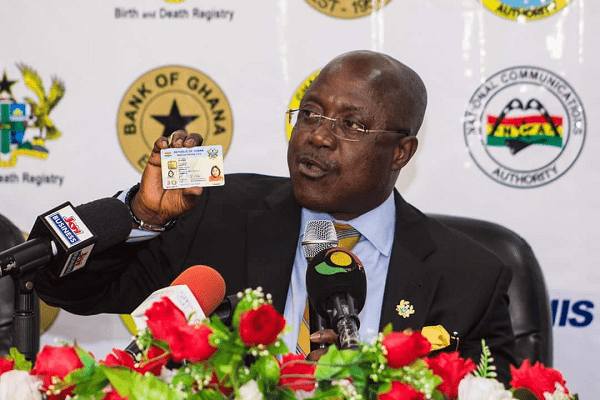
BA: Maybe that will change because all National IDs will be converted to TINs, less than 3m people have TINs, 15m have IDs, that is half of the population. In certain countries, half of the people’s income is taxed so people are more concerned about public spending.
EGB: We need some education so people understand the nexus between what we should have, could have versus what we don’t have, what we have not been allowed to have because of someone’s stealing and looting, incompetence, negligence and lack of due diligence. Then we can begin to have reason to be upset at ourselves and later upset at those who do it to us.
BA: On LGBTQ, you were surprised over the national outrage as compared to corruption for some of the people who are intolerant of it is the promotion, because sexual minorities have always existed, they perceive it as external agenda some see it as a blatant promotion of something that is not their culture.
EGB: I want us to look at the ideas of promotion and foreign promotion. Looking at foreign promotion there is a lot that has been good for us. Afro barometer once asked about a man’s right to beat his spouse, as you can guess the majority agreed.
(Hopefully, that was many years ago.)
Not that many, to some those maybe African values, but there are many international NGOs and bilateral partners who have helped us fight this, who have helped us fight against which camps, trokosi, they have supported pro-democracy and good governance advocacy have all benefited. Foreign promotion is not a bad thing.
(Foreign promotion against evil things, not a lifestyle choice.)
Evil is a theological concept, not a political concept.
BA: The state has no role in morality, the state punishes bad and rewards good. Which is why we have the penal code.
EGB: I want to come to the promotion, promotion of slavery and equality for racial minorities. To criminalize promotion is to criminalize free speech and association etc. Which has no place in a civilized society, let alone a democratic society, it’s simply has no place, and we should put a stop to it.
(A stop to what?)
EGB: To the idea that you are stopping someone from promoting a non-crime.
BA: Let’s end with the future of our democracy. You said we have done well, and, in some areas, we have regressed, what danger does Ghana face if we continue down this path?
EGB: Alienation from the democratic process, disaffection, discontent will ruin the democratic, state-building and nation-building project as well as economic development.
BA: Alienation, disaffection and discontent will ruin the project. What will have to urgently changed to reverse this course?
EGB: we have to find a way to credible limit the powers of the president and his ministers, if we could make some strategic changes in the constitution especially where the executive is needlessly overpowered and undermine the bodies that are supposed to oversee it. Not wholesale reform but one or two areas to allow major progress.

